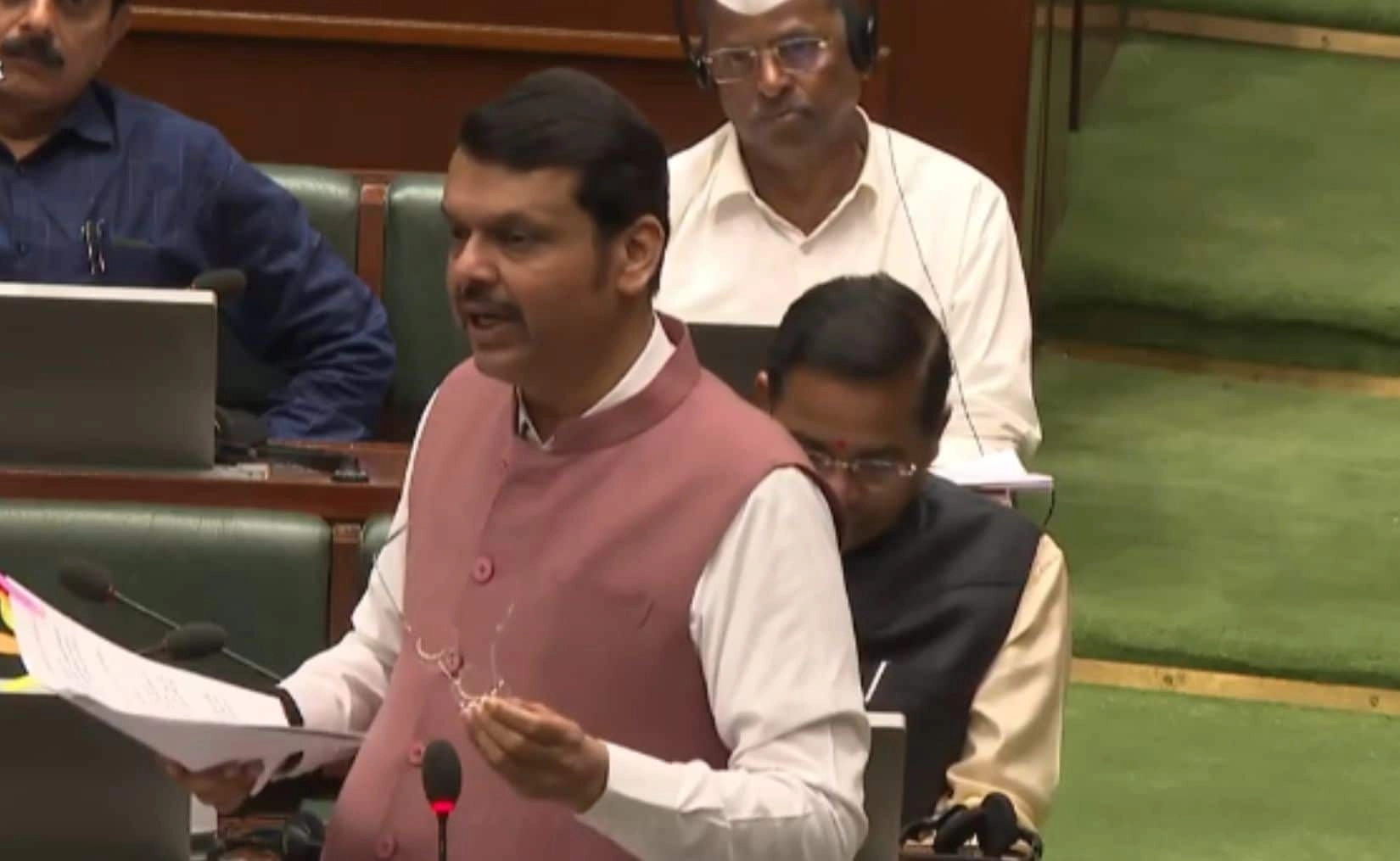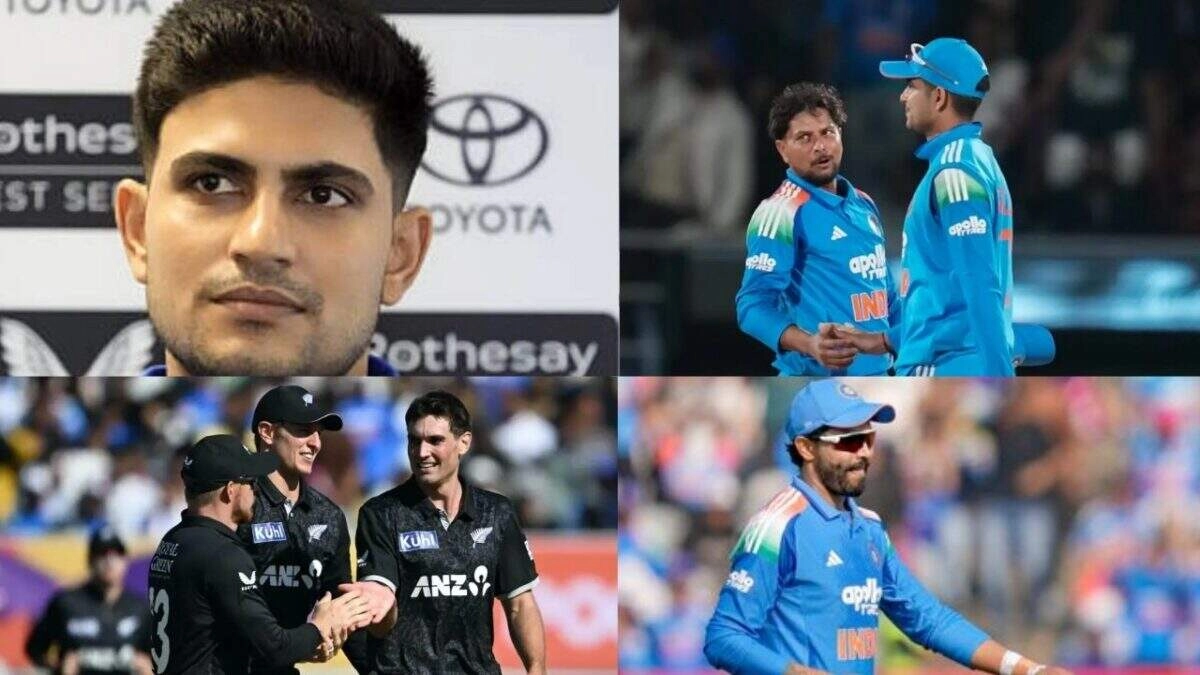In a recent statement, Maharashtra Deputy Chief Minister Devendra Fadnavis emphasized the government’s commitment to preserving the historical integrity of Aurangzeb’s grave while firmly opposing any attempts to glorify the Mughal emperor. Fadnavis underscored the importance of maintaining a respectful approach to historical figures, particularly those whose legacies may be contentious. He acknowledged the significance of Aurangzeb’s burial site in Aurangabad, which serves as a reminder of India’s rich and complex history, but he made it clear that this does not equate to an endorsement of his actions or policies.
Fadnavis’s remarks come in the wake of ongoing discussions surrounding the representation of historical figures in contemporary society. Aurangzeb, who ruled during a tumultuous period in Indian history, remains a polarizing figure. While some view him as a symbol of Islamic expansionism and oppression, others argue that his contributions to architecture and culture should not be overlooked. The Deputy Chief Minister’s stance reflects a broader trend in Indian politics, where the legacies of historical figures are increasingly scrutinized, and the narratives surrounding them are actively shaped to align with modern values and sentiments.
The commitment to protect Aurangzeb’s grave highlights a nuanced approach to heritage conservation. It acknowledges the importance of historical sites as educational resources while simultaneously rejecting any form of glorification that may distort the complexities of history. Fadnavis’s position suggests an effort to foster a more balanced understanding of India’s past, one that recognizes the multiplicity of perspectives and the lessons that can be drawn from them. By advocating for this approach, the government aims to strike a delicate balance between honoring historical sites and ensuring that they do not become platforms for divisive narratives.
As debates surrounding historical figures continue to evolve, Fadnavis’s comments resonate with a growing sentiment among policymakers and the public alike: a desire for a critical engagement with history that goes beyond simplistic portrayals. In doing so, the Deputy Chief Minister is not only addressing current political dynamics but is also contributing to a broader discourse on how societies remember and interpret their pasts. Ultimately, the goal is to foster a historical consciousness that respects the complexities of India’s diverse heritage while promoting unity and understanding in the present.




